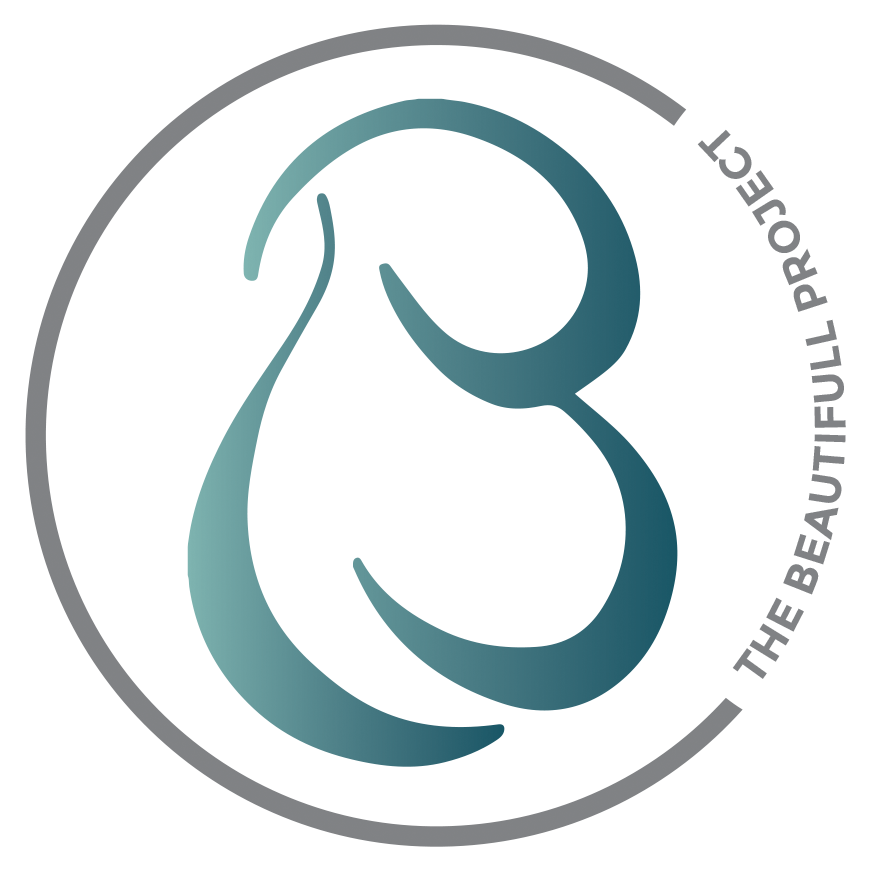Coats Like Armor
As I helped my aunt get out of the shower one day, I commented on how lovely her skin was.
I urged her to share her beauty secrets and she responded, “Vaseline darlin.”
I noticed the way her skin shone and thought about this woman’s story and all she has survived: abuse, disease, and most recently, a double lung transplant surgery. Over the holidays, she came to live with us to avoid contracting Covid-19 when members of her household became infected, and now we appreciate the care she provides to our small children while we work from home.
“Vaseline?” I scrutinized.
I’ve been told to use Vaseline my entire life. My elders have pushed using the thick, lard-like substance much like the Greek father, Mr. Portokalos, claimed, “Put some Windex on it” in the beloved throwback film, My Big, Fat, Greek Wedding.
Vaseline may not get rid of pimples on your wedding day, but it has been prescribed to remedy anything from ashiness to scrapes and scabs. Petroleum Jelly, a mixture of mineral oils and waxes, has been used to care for skin since the 1800s. The colonizers of this nation used those same oils to lubricate the flogged and flagellated skin of the enslaved African people to prepare them for sale on the auction block. Lard and oils were used to heal the horror my ancestors endured as they worked as human chattel to build the wealth that “patriots” claim to have earned.
On racism in America, Ta-Nehisi Coates asserts,
“You must always remember that the sociology, the history, the economics, the graphs, the charts, the regressions all land, with great violence, upon the body.”
My heartbeat quickens and my stomach churns as I imagine what could have been done to my body, what can still be done to my body.
How do I care for such a vulnerable asset?
“Vaseline darlin.”
It coats her skin, our skin, like armor.
Yet if I am honest, I have resented that vulnerability for most of my life. I did not want to focus on my blackness, or even my femininity. The world had shown me that the realities of being a woman, specifically a woman of color, only brought frustration, or worse, fear. How could anyone carry that weight? Truth is, it’s draining.
Yet relief comes from acts of love.
I have been encouraged by grand acts like having honest conversations with adults from different backgrounds. I love empowering students who know “the struggle”. In addition, I am refueled by small acts of love like taking candlelit showers or cuddling my babies. Each evening, as I watch my aunt lubricate her skin using that familiar cream container with the blue top, I am reminded of the resilience of people, of the love and struggle, and of the need of protection so everybody can shine.
Alannah Golden Alexander
is a mama of two, a wife, and a school teacher.


